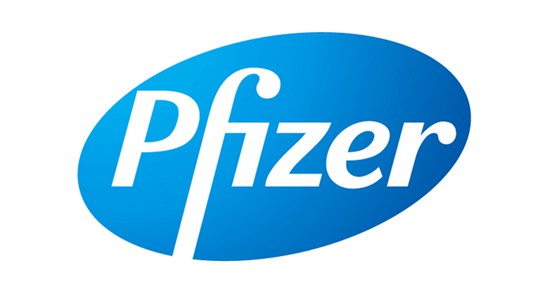 Pfizer is struggling to grow sales of its new cancer drug Xtandi, the main asset in its takeover of Medivation last September.
Pfizer is struggling to grow sales of its new cancer drug Xtandi, the main asset in its takeover of Medivation last September.
The US’s largest drugmaker booked $141m from Xtandi (enzalutamide) in the second quarter, up from $131m in the first quarter of the year and flat on the last quarter of 2016, leaving investors questioning the value of the $14bn price tag for Medivation.
Xtandi’s sluggish performance came against a backdrop of group sales down 2% to $12.89bn in the quarter, although Pfizer said the decline mainly resulted from the divestment of its Hospira infusions systems business in February. On the plus side, the firm reported solid growth for other newer products such as breast cancer drug Ibrance (palbociclib) and oral anticoagulant Eliquis (apixaban), up 66% to $853m and 50% to $605m, respectively.
The failure of Xtandi to grow quickly – as promised by Pfizer when it announced the takeover last year – has done nothing to stem investor calls for the big pharma group to consider a large merger or acquisition deal.
CEO Ian Read is holding firm to his prior insistence on waiting for the right time for such a deal, telling investors that he wants to see what plays out in the US with regard to corporate tax reforms before taking the plunge.
“Right now I believe we need to see tax reform – or the absence of tax reform – to understand what the market values are,” he said on a conference call. Pfizer walked away from a $160bn merger with Allergan last year, blaming a clampdown on so-called tax inversion deals.
The US administration has said it intends to push reforms through by year-end, but given experience with President Trump’s efforts to drive through other legislative changes – such as the repeal of the Affordable Care Act (ACA) – it could be a much longer wait.
Pfizer’s previous failed effort to acquire AstraZeneca (AZ) in 2014 has led to perennial speculation that it may make another approach, and analysts have suggested that such a move could depend on the outcome of the MYSTIC trial – which stumbled at the first hurdle last week.
Read would not be drawn into any comment on that, other to say that the top-line results reinforce the view that combining immuno-oncology agents can be ‘problematical’ and that PD-1/PD-L1 inhibitors will remain the cornerstone of cancer immunotherapy for the time being.




